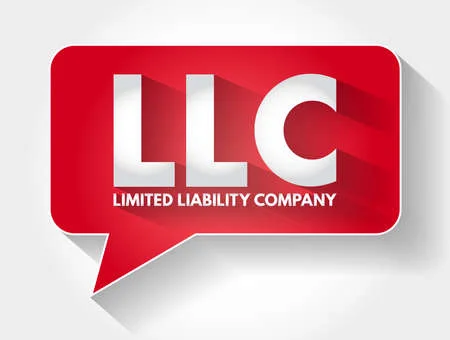This type of business is recommended if you are entering into the business world as the business owner and do not expect to have any employees. This choice will place taxation on the income you earned and will require you to report that income on your individual tax return (Form 1040). Even if you decide later to add employees, this type of business should be your choice. The owner is solely liable for all legal issues involving the business and if a lawsuit is lodged against the company, the owner’s personal assets can be attached for settling the lawsuit. A business owned by a husband and wife can be still considered a sole proprietorship. If a sole proprietorship wants to shift the legal aspect of the business solely to the business, then it should operate as a Limited Liability Corporation (LLC). This allows the owners to run the business under the guise of a sole proprietorship but with the protection of a corporation.







